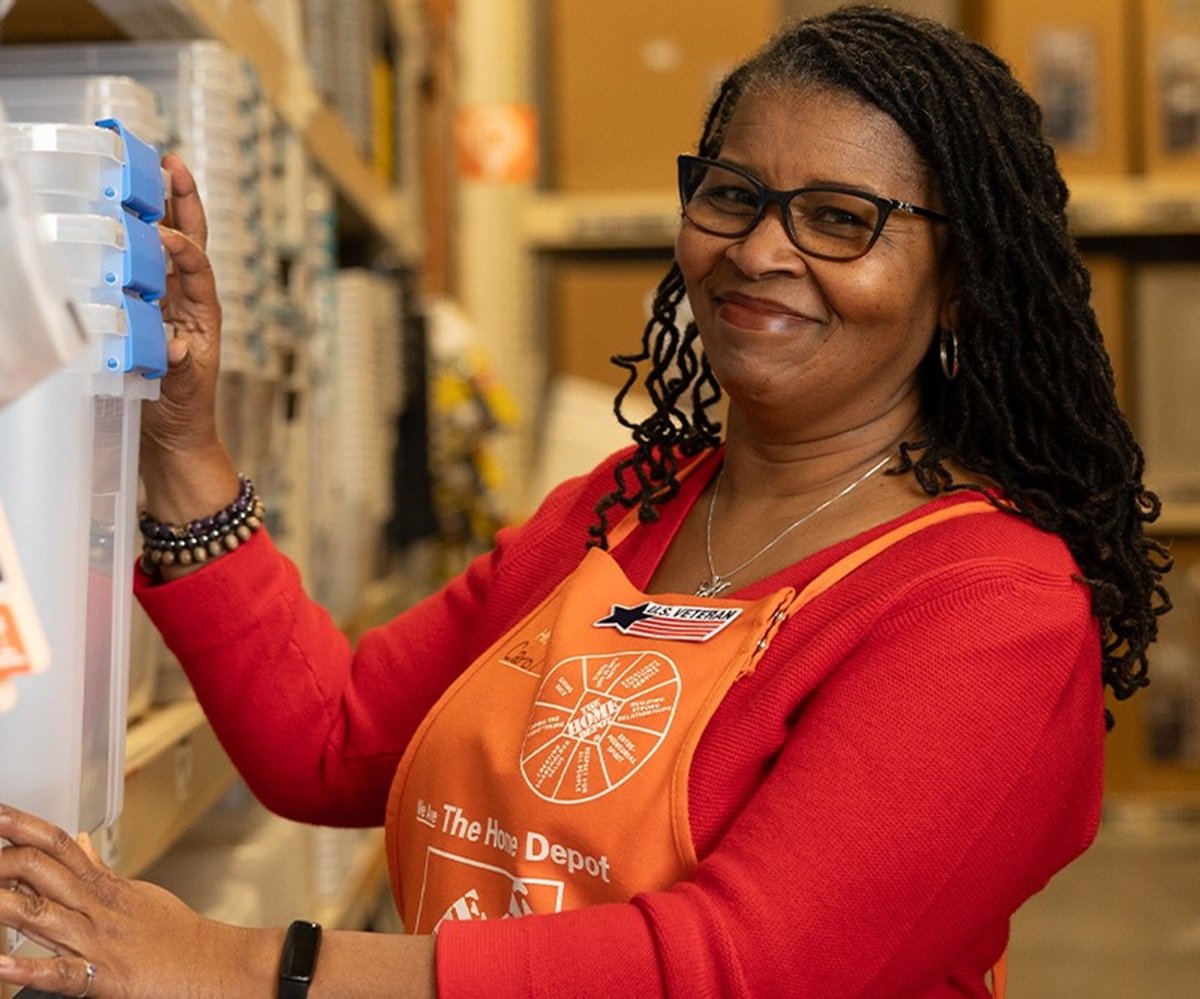During the past five years, Home Depot (HD +0.98%) stock has soared about 226%, leaving Target (TGT +0.66%) stock's 36% return during this same period in the dust. Can Home Depot continue to outperform Target over the next five years? Or is Target stock poised to play some catch-up? To find out which stock is a better buy today, here's a head-to-head comparison of these two retailers.

Image source: Getty Images.
Recent performance
In a comparison between Home Depot's and Target's recent financial performance, Home Depot emerges as the clear winner.
Over the past five years, Home Depot's sales and earnings per share have increased at average annual rates of about 5% and 22%, respectively.
Providing good reason for Target stock's underperformance in the past five years, the retailer's financial results pale in comparison to Home Depot's. Target's sales and EPS have increased at average rates of about 2% and 6% annually.
Dividends
With both stocks paying a meaningful dividend, some investors may be interested in these stocks particularly for their dividend payments. But which company pays a better dividend?
Measured by dividend yield, Target comes out ahead. The stock has a solid dividend yield of 3.4%, well above Home Depot's 2.2% dividend yield.
However, when it comes to dividend growth prospects, Home Depot wins. During the past five years, Home Depot has increased its dividend at an average rate of about 20%, edging out Target's average increase of 19% during this same period. Further, Home Depot's consistent ability to boost earnings in recent years suggests future dividend increases at these levels may be more sustainable than they are for Target. Driving this point home, Home Depot's payout ratio, or dividend payments as a percentage of earnings, is at about the same level -- 43% -- that it was at five years ago, yet Target's payout ratio had to increase from about 26% to 44% during this same period in order to support these increases.
Valuation
Unsurprisingly, investors will have to pay a premium to buy into Home Depot's superior growth story. Home Depot's valuation is undoubtedly steeper than Target's.
For instance, Home Depot trades at about 22 times earnings and 1.7 times sales, and Target trades at just 14 times earnings 0.6 times sales. Furthermore, Home Depot's steep premium is just as evident when comparing the stocks' prices in relation to next year's earnings estimates; Home Depot and Target trade at about 17.5 and 13.5 times next year's analyst earnings estimates, respectively.
Home Depot is hands down the more expensive stock.
The question, therefore, is whether Home Depot is worth a higher premium than Target. I'd argue it is. When it comes to performance and growth prospects, Home Depot comes out on top. In addition, Home Depot's $88 billion in annual revenue and an expansive merchandising and distribution network give the company unprecedented economies of scale in the home-improvement retail market, easily justifying the stock's premium valuation.
In contrast to Home Depot's leading position among its peers, Target's $72 billion in annual revenue is dwarfed by the sprawling scale and reach of competing giants Wal-Mart and Amazon.com, which boast about $484 billion and $128 billion in annual revenue, respectively. Without a clear sustainable competitive advantage, Target's lower valuation multiples don't look so compelling.
Overall, Home Depot looks like a better bet than Target for the next five years.






